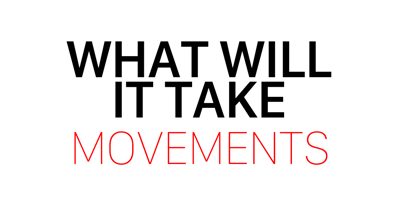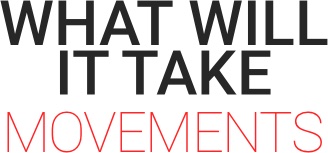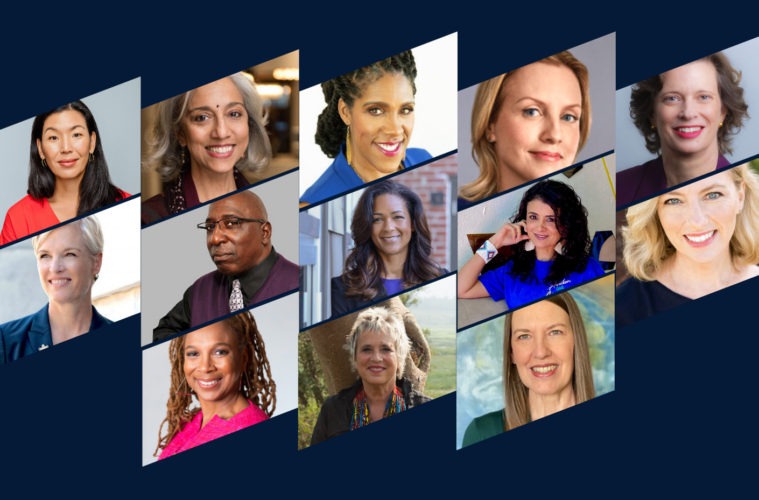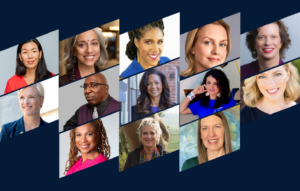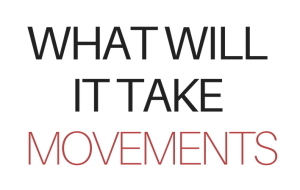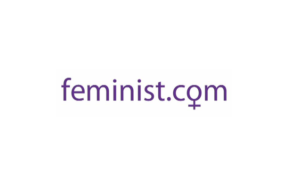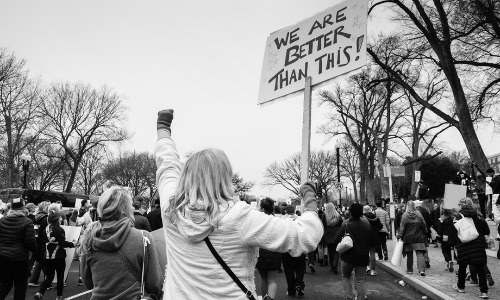Putting a Gender Lens on COVID-19: Thought Leaders Weigh In
By Marianne Schnall
Even though the COVID-19 pandemic is viewed primarily as a global health crisis, having claimed over 130,000 lives worldwide, we are only beginning to understand how this pandemic will deeply impact our nation economically, politically, culturally and socially—and how those far-ranging impacts are dependent on the multitude of identities, situations and communities that make up our country. For example, we are seeing with horror the nurses, doctors and other frontline workers who are forced to work unprotected and falling sick, the low income workers who were already struggling who are now out of a job (over 22 million people have filed for unemployment) waiting on long lines at food banks across the country, or the recent concerning reports that coronavirus is killing black and Latino people in places like New York City at twice the rate that it is killing white people, a racial disparity which reflects longstanding economic inequalities and differences in access to health care.
The truth is that in times of crisis, disparities like these become even more apparent and exacerbated, which includes the disproportionate effects this pandemic is having on women and girls. From the increased reports of domestic violence as survivors are forced to lockdown with their abusers, to the affronts and restrictions on reproductive healthcare to the challenges of working women struggling to balance work and family, to the fact that 85% of all nurses, 75% of primary caregivers, and 62% of minimum and low-wage workers are women—women’s lives are especially impacted by this pandemic. There is a need to look at the global crisis through a gendered lens, to create awareness so we can then address these issues and create change. In this spirit, I was proud to help launch a new platform called COVID Gendered, a digital newsletter and online platform which is aggregating content, actions and resources around the interconnection of gender and the pandemic. We hope to put a spotlight on the ways COVID-19 affects people of different genders differently; how women are stepping up to lead, support each other, and help their broader communities; and how this crisis is forcing us to look at our broken systems and reinvent them in more connected, equitable, and healthy ways.
To give some context to the many different ways this pandemic is affecting women and girls here in the U.S. and around the world, I reached out to some influential leaders who represent various sectors and vantage points to ask them two questions—how they perceived the impact COVID-19 was having on women and girls in their work—and what they feel is needed to make change. As this pandemic exposes all the long neglected cracks in our society and systems, it also affords us an opportunity to transform them in the world beyond this crisis. The first step is looking starkly at the issues so together we can craft the solutions—and be reminded that the status, health and safety of women is not a “women’s issue” but interconnected with so many other issues that impact us all.
Read insights from Aimee Allison, Kimberlé Crenshaw, Kristin Rowe Finkbeiner, Ana Flores, MarySue V. Heilemann, Michelle Nunn, Ai-jen Poo, Tony Porter, Kavita Ramdas, Cecile Richards, Rachel Thomas, V (formerly known as Eve Ensler) and Teresa Younger
Read the full article
News, Resources, and Actions
This Pandemic Continues to Highlight Existing Biases
By Hilary Weaver
It’s now been more than a month since the World Health Organization declared the coronavirus a global pandemic, and it’s become clear that women are being disproportionately affected by this crisis. Stimulus checks are starting to arrive, which will benefit the 80 percent of American families headed by single mothers.
Women are really feeling this crisis
Women in healthcare are overworked, and there’s a shortage on period products, and it’s causing some serious challenges for breast cancer patients. Some people feel they are running out of time to get pregnant as IVF treatments have come to a halt, while pregnant people need all their questions answered. Domestic violence is on the rise, and France is housing survivors in its hotels. But overall, are the responses to this problem missing the point?
RESOURCES: UN Women, Single Mother Statistics, Harvard Health Publishing
Racism and sexism rear their ugly heads
This virus has magnified the issue of structural racism. Black people are dying more than any other population in the U.S.; stop blaming them for it. Anti-Asian racism still continues, and here’s how to respond to it. Sexism is also showing itself right now. Trump referred to Michigan Gov. Gretchen Whitmer as “the woman in Michigan” and finally approved her state’s declaration of emergency after having a public feud with her. Women are leading us through this pandemic; let’s take note that the countries with the best coronavirus responses have women leaders, and we will continue to need this leadership from women.
RESOURCES: Urban Institute, Teaching Tolerance, Brookings Institute, She Should Run, World Economic Forum
Don’t forget to take care
The world is feeling the pressure of a global pandemic, that’s for sure. While we do what we can to help those most vulnerable, we also need to be taking care of ourselves. Self-care might be the key to dealing with your anxiety right now. Remember, don’t be afraid to cry in your car.
FEATURED AUTHORS: Alison Holder, Elizabeth Ralph, Alia Wong, Emma Goldberg, Joel Rubin, Fahrinisa Campana, Mélissa Godin, Miriam Berger,Natasha Lennard, Rashawn Ray, Ibram X Kendi, Sahar Aziz, Evan Semones, Steve Peoples, David Eggert, Erin Loos Cutraro, Avivah Wittenberg-Cox, Alice Boyes, Kanyakrit Vongkiatkajorn, Laura Daily, Lisa Grouette, Jessica Grose
SUBSCRIBE
